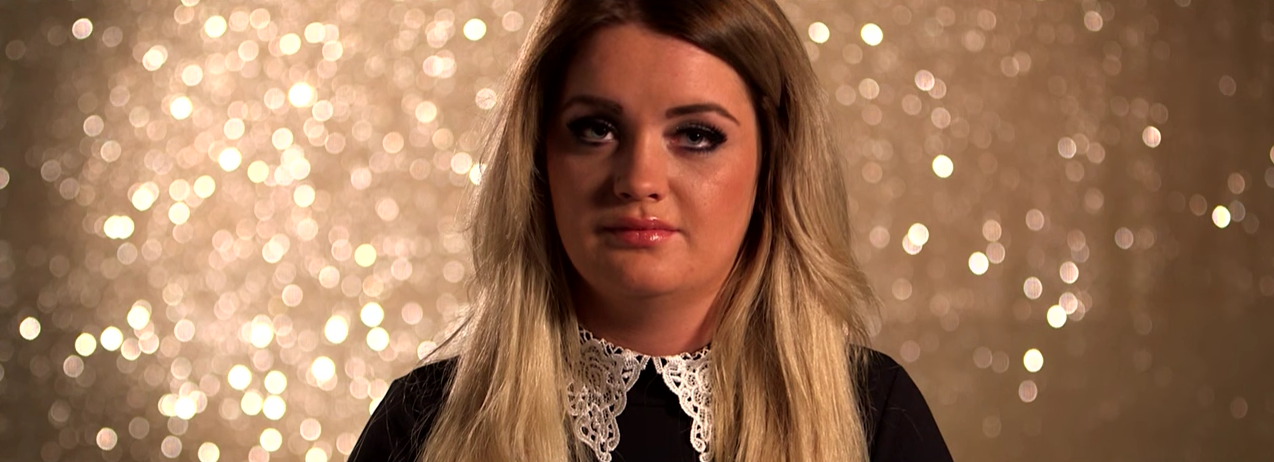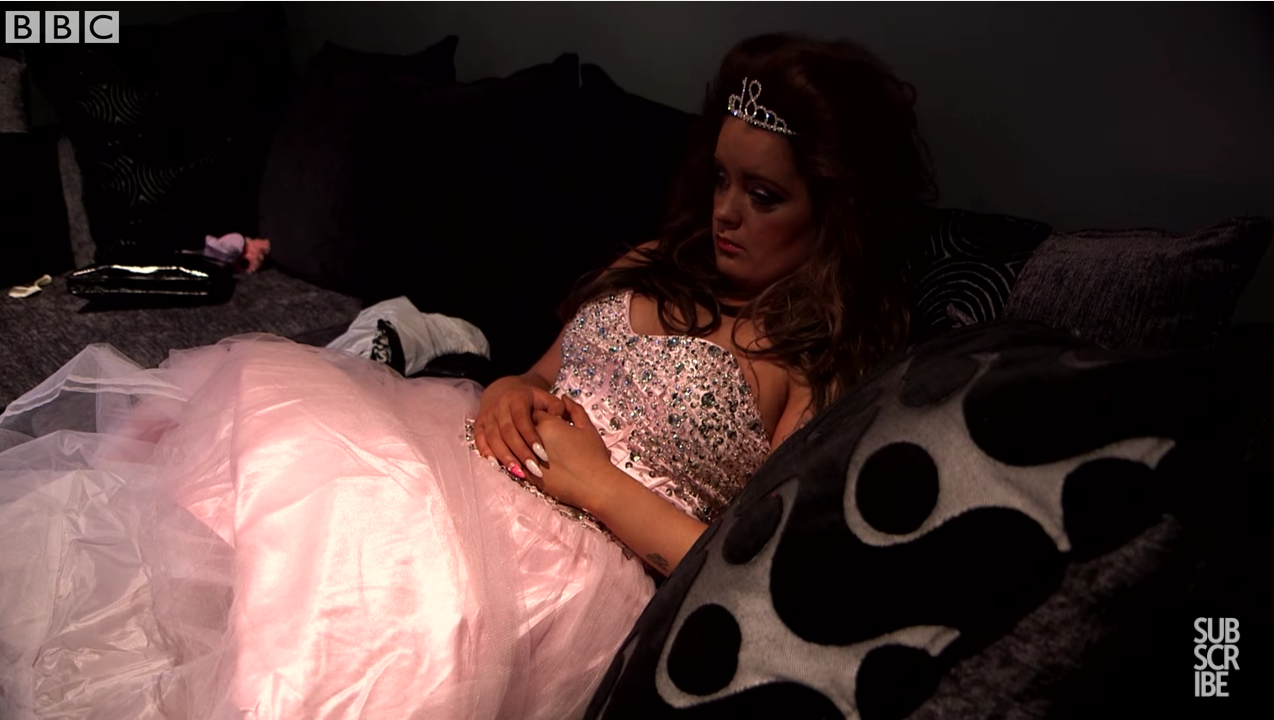Culture February 13, 2017


Jane Park was Britain’s youngest Euromillions winner at just 17. And four years later, she’s suing lottery bosses for negligence.
The now-21-year-old says she’s living proof of the old adage, “money doesn’t buy happiness.” And she finds the lottery to blame as she feels they shouldn’t have awarded so much money to someone so young.
Though Park believed the winnings would make life “ten times better” she says they have actually made it so much worse, even going so far as to say that winning the lottery “ruined” her life.


Money doesn’t buy happiness, according to Jane Park who felt alone and unsure after a windfall of £1 million. Image via BBC
This message is likely received with divisive snorts or eye rolls from anyone suffering from crippling student debt, or other financial woes. But Parks insists they don’t understand “the extent of my stress.”
And though money was able to buy her nice things, like a Louis Vuitton handbag, a Chihuahua puppy and two properties, Jane struggles because she says her “life is empty.”
She has also suffered cyberbullying, receiving hate after appearing on a 2014 TV program, “Teenage Millionaire – The Year I Won The Lottery.”
And Park is not the only lotto winner who feels this way. Callie Rogers was only 16 when she won a National Lottery jackpot of over £1.8 million. She faced similar difficulties in adjusting to her new life, going on spending sprees and turning to drugs and alcohol.
And in fact, science even seems to back up their claims, with a study showing that finding joy in simple pleasures is a big part of what makes you happy.
Coauthor of the study, Elizabeth Dunn, Ph.D., a psychology professor at the University of British Columbia details the results in book “Happy Money: The Science of Happier Spending.”
RELATED: 22 Instant Happiness Fixes
Out of 415 participants surveyed, scientists found that the more they had traveled, the less they would enjoy taking a trip to a nice, albeit ordinary place. Or, for example, if you’ve eaten pasta in Tuscany, you’re less likely to enjoy Italian takeout.
So with all of the experiences and goods one could buy with a sudden windfall of over £1 million, it would be harder to enjoy the simple things that used to make you happy.
Their stories serve as a warning to other lotto fans – be careful what you wish for.